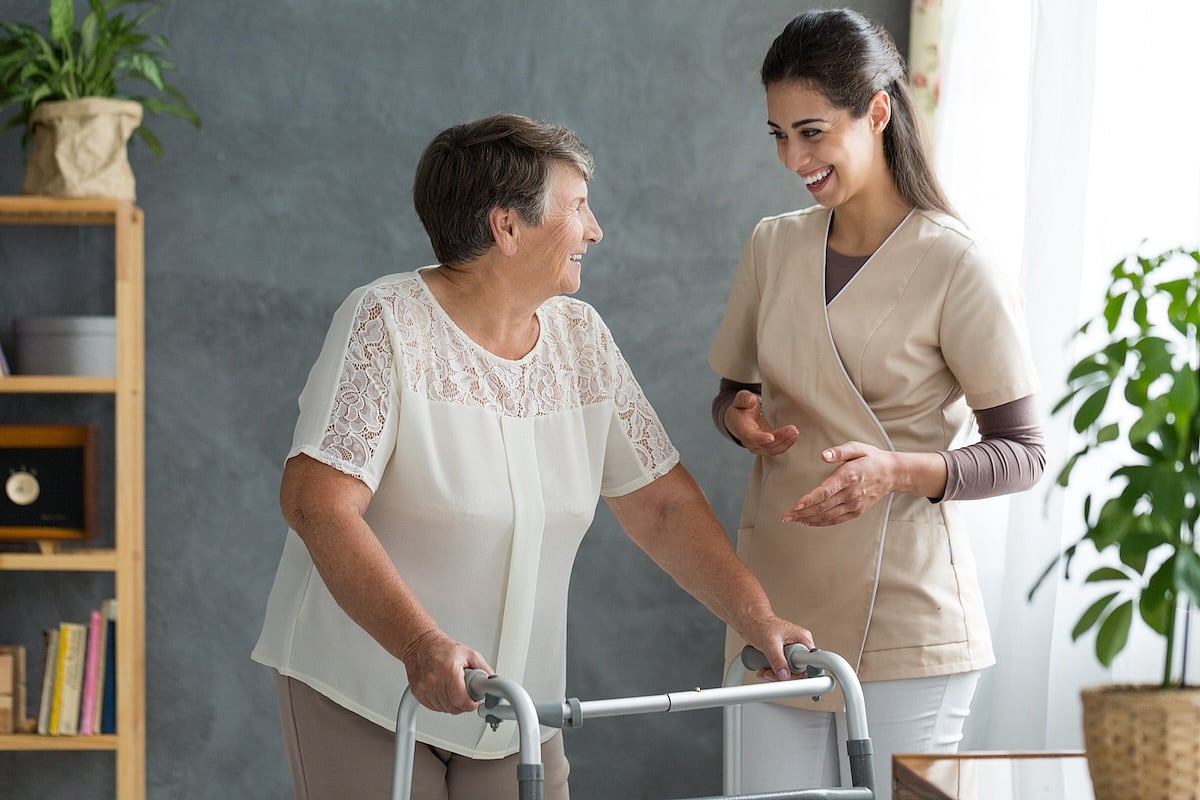
- Posted August 8, 2025
Staying Active Might Slow Parkinson's Progression
Staying active might slow the brain changes associated with Parkinson’s disease, a new study says.
Parkinson’s patients who kept active by walking, doing household chores and participating in recreational activities experienced slower brain changes in areas tied to memory, mood and attention, researchers reported Aug. 6 in the journal Neurology.
They also performed better on memory and thinking tests, especially regarding verbal memory and attention, results show.
“Exercise may not just help with day-to-day symptoms — it could also affect how Parkinson’s disease progresses, especially in parts of the brain that support key cognitive functions in Parkinson’s disease,” senior researcher Dr. Pablo Mir of the University of Seville in Spain said in a news release.
For the study, researchers tracked 120 people with early Parkinson’s with an average age of 61. The participants were followed for up to four years.
Each year, they completed questionnaires about their typical physical activity. Based on their responses, researchers divided them into two groups: low activity and high activity.
The research team used MRI scans to track changes in brain structure, with every patient receiving at least two scans.
Those who were more physically active maintained larger sizes in their temporal and parietal cortex, hippocampus and amygdala — brain regions associated with memory, attention and mood, results show.
These brain changes accounted for up to 37% of active participants’ better scores on memory tests and 20% of their better scores on attention tasks, researchers estimate.
Researchers noted that the study could not prove a cause-and-effect link between physical activity and progression of Parkinson’s, given its design.
“While more studies are needed, these results suggest that regular physical activity could be an easy, low-cost way to support brain health in Parkinson’s disease,” Mir said.
An accompanying editorial co-written by Dr. Sergiu Groppa, a neurologist at Saarland University in Homburg, Germany, agreed.
“The study adds to current compelling evidence underscoring the importance of actively encouraging patients with early Parkinson’s disease to engage in structured exercise programs or maintain an active lifestyle,” the editorial said.
The editorial also suggested that physical activity could complement other Parkinson’s treatments like deep brain stimulation.
More information
The Parkinson’s Foundation has more on exercise recommendations for patients.
SOURCES: American Academy of Neurology, news release, Aug. 6, 2025; Neurology, Aug. 6, 2025
